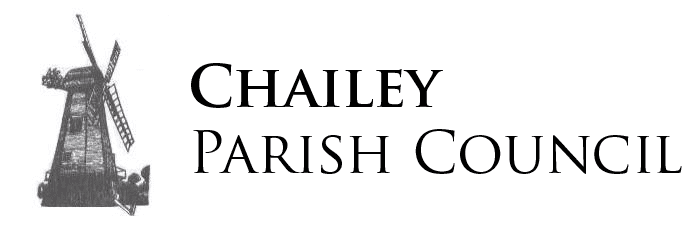IMPORTANT ROADWORKS INFORMATION FROM EAST SUSSEX HIGHWAYS
A275 South Street, Chailey
Balfour Beatty is working in partnership with East Sussex County Council to manage the highways service across East Sussex. We will soon be carrying out carriageway investigations on the A275 South Street, Chailey.
When do they start?
Work will be carried out from Monday 15 December to Thursday 18 December 2025 between 8pm and 6am. We will inform you of any changes to the dates or times via advanced warning signs on site.
What are we doing? We are carrying out site investigations, including trial holes and core holes, to gather information about the condition of the road, to help plan possible future works to the carriageway.
How will this impact highway users?
We will be working between the Mill Lane and Markstakes Lane junctions.
The road will remain open with temporary traffic lights in place and work will be carried out in phases to minimise disruption.
Information for residents and businesses:
Parking: If required, we will put out ‘no parking’ signs and cones on the site to advise where parking is restricted. Please avoid parking in these locations as it will delay our works.
Weather: All of these works are subject to favourable weather conditions, for example heavy rain may affect the progress of the works.
Properties close to the carriageway may notice some noise, flashing lights, or reversing sirens. We will do our utmost to keep this to a minimum.
We would like to take this opportunity to apologise in advance for any inconvenience or disruption this work may cause, however this forms part of our continuing improvement for the East Sussex highway network. Should you have any concerns regarding these works, you can contact us at eshcomms@balfourbeatty.com.
For information on roadworks and journey planning, visit One.Network. Please follow us on X (formerly Twitter) @esccroads or Facebook @EastSussexHighways for updates. If you would like to know more about East Sussex Highways and what we do, please visit our website www.eastsussexhighways.com.
Thank you,
East Sussex Highways


